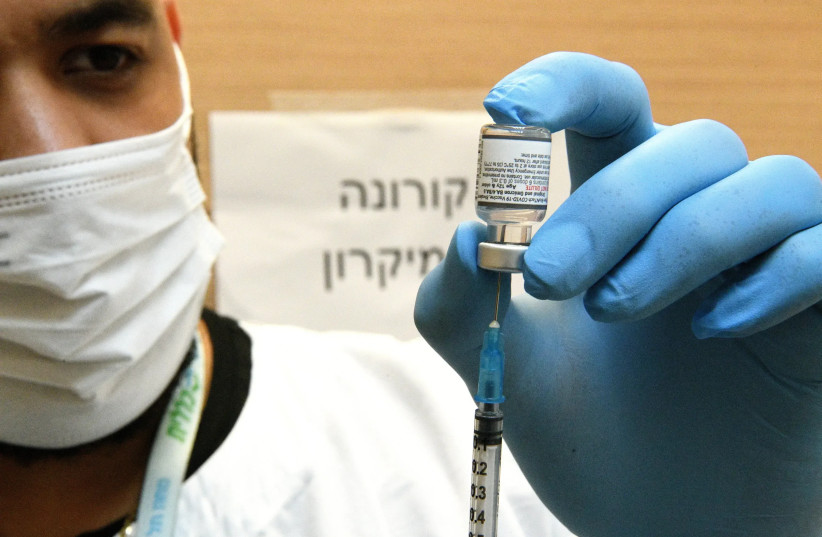The Centers for Disease Control and Prevention (CDC) issued a warning that the rapid spread of a highly contagious sub-variant of coronavirus could force US hospitals to start preparing for large numbers of hospitalizations.
The health agency is concerned about the strain on the US health care system due to the combined impact of COVID-19 and the flu, especially with the latest release of the new JN.1 coronavirus variant.
The CDC said that COVID-19 hospitalizations are rising rapidly. Since the summer, public health officials have been tracking an increase in pediatric multisystem inflammatory syndrome (MIS-C), which is caused by COVID-19. Influenza is increasing in most parts of the country and respiratory syncytial virus (RSV) activity remains high in many areas.
According to the CDC, in some parts of the country children's hospitals are already almost as full as they were last year.
Earlier this week, emergency room statistics showed nearly double the number of school-age children hospitalized compared to last week. The current situation is not too different from what we saw last year, with flu cases now surpassing COVID-19 for the first time in months in most age groups. Only in the older age groups the rate of the coronavirus remains higher than the flu.
Several nursing homes across the country, including in the Midwest region, have already exceeded last year's rates.
What is the state of the JN.1 variant of COVID-19?
The JN.1 variant is starting to dominate the latest wave of COVID-19 infections. It is considered similar to the BA.2.86 variant, which was highlighted in the CDC projections.
A group of experts assembled by the World Health Organization concluded this month that the changes in JN.1 are not significant enough to require a new revision of the current vaccines.

However, early data suggests that these vaccines were less effective at neutralizing the strain. The CDC anticipates that JN.1 will continue to increase.
At this time, the CDC does not know to what extent JN.1 may contribute to these increases or possible increases during the rest of December.
Health officials also said they've seen an "unprecedented decline" in vaccinations recently, with fewer adults getting the flu shot compared to last year. Experts are urging vaccine providers to work harder to make sure people continue to get their coronavirus shots this year, especially older people who can get very sick.
